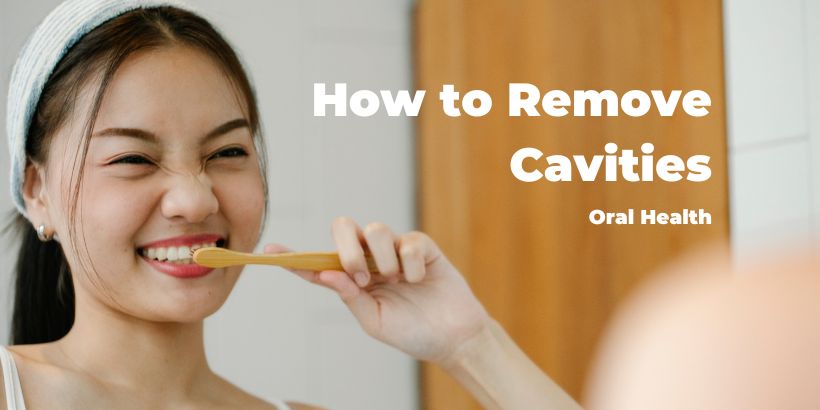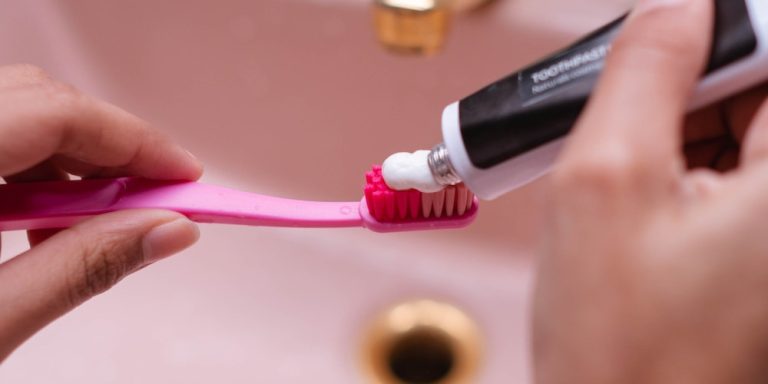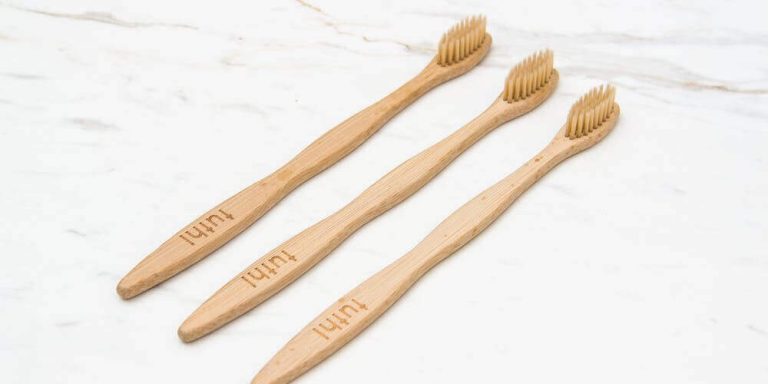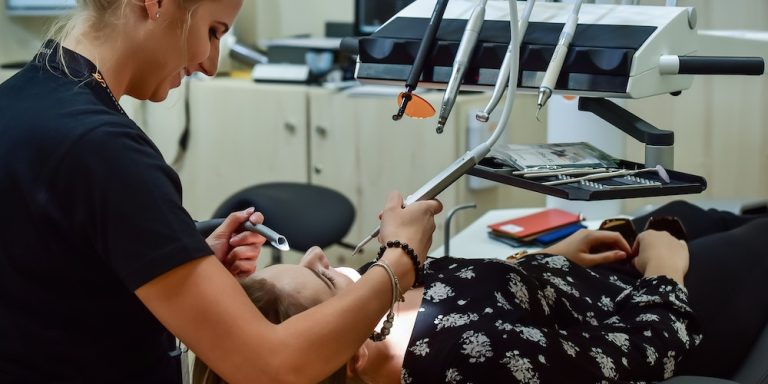Can you brush away a cavity? This is the question we’re going to answer in today’s blog post.
Introduction
Cavities are a common dental problem that can cause pain, infection, and tooth loss if left untreated. They occur when bacteria in the mouth produce acid that attacks the hard outer layer of the tooth, known as the enamel, causing a small hole or “cavity” to form. Many people believe that brushing and flossing regularly can prevent or even reverse cavities, but is this true?
Can you really brush away a cavity? In this blog, we will explore the role of oral hygiene in cavity prevention and treatment, and provide tips for maintaining a healthy, cavity-free smile. Whether you have a cavity or are just looking to improve your oral health, this blog is for you.
Table of Contents
What is a Cavity?
A cavity is a small hole that forms on the hard surface of a tooth. It is caused by the breakdown of tooth enamel, the outermost layer of the tooth, due to acid attacks from bacteria in the mouth.
If left untreated, cavities can lead to pain, infection, and even tooth loss. It is important to take care of your teeth and prevent cavities from forming.
This can be done through good oral hygiene habits, such as brushing and flossing regularly and by reducing your intake of sugary foods and drinks.
If you do develop a cavity, your dentist can treat it with a filling or other restorative procedure. With proper care and treatment, you can maintain a healthy and cavity-free smile.
What are the Causes of Cavities?
Enamel is the outermost layer of the tooth, and it protects the inside of the tooth from damage. Cavities occur when bacteria in the mouth produce acid that attacks the enamel, causing it to weaken and break down. The following are some of the main causes of cavities:
- Poor oral hygiene: Plaque is a sticky film of bacteria that forms on the teeth. If it is not removed through brushing and flossing, it can harden into tartar, which can only be removed by a dentist. Plaque and tartar can produce acid that attacks the enamel, leading to cavities.
- Sugary foods and drinks: Bacteria in the mouth feed on sugar, and when they do, they produce acid that can attack the enamel. Consuming sugary foods and drinks on a regular basis can increase the risk of developing cavities.
- Dry mouth: Saliva helps neutralize the acid in the mouth and wash away food particles. If you have a dry mouth due to medication or other factors, you may be at an increased risk of developing cavities.
- Poor dental hygiene: If you do not brush and floss regularly, or if you do not visit the dentist for regular checkups and cleanings, you may be at an increased risk of developing cavities.
By understanding the causes of cavities, you can take steps to prevent them from forming and maintain a healthy, cavity-free smile.
Can You Brush Away a Cavity?
No, you cannot brush away a cavity. Once a cavity has formed, it cannot be reversed or eliminated by brushing or flossing.
The only way to treat a cavity is to visit a dentist and have it filled or otherwise restored. While good oral hygiene habits, such as brushing and flossing regularly, can help prevent cavities from forming, they cannot reverse or eliminate existing cavities.
It is important to visit your dentist for regular checkups and cleanings and to receive treatment for any cavities that may develop.
How to Get Rid of Cavity
If you have a cavity, it is important to visit a dentist to have it treated as soon as possible. Cavities can cause pain, infection, and even tooth loss if left untreated, so it is important to address them promptly. Here are some steps you can take to get rid of a cavity:
- Visit your dentist: Your dentist will be able to diagnose your cavity and recommend the best treatment option.
- Get a filling: The most common way to treat a cavity is with a filling. A filling is a dental restoration that seals the cavity and prevents further damage to the tooth. There are several different types of fillings available, including amalgam, composite, and ceramic. Your dentist will help you choose the best option for your needs.
- Follow your dentist’s instructions: After your filling, your dentist may recommend that you avoid certain foods or activities for a period of time. It is important to follow these instructions to ensure the success of your treatment.
- Practice good oral hygiene: To help prevent future cavities from forming, it is important to maintain good oral hygiene habits. This includes brushing and flossing regularly, using mouthwash to kill bacteria, and reducing your intake of sugary foods and drinks.
By following these steps, you can get rid of your cavity and maintain a healthy, cavity-free smile.
How to Prevent Cavities
Cavities are small holes that form on the hard surface of a tooth due to acid attacks from bacteria in the mouth. To prevent cavities from forming, it is important to practice good oral hygiene and reduce your intake of sugary foods and drinks. Here are some tips for preventing cavities:
- Brush your teeth twice a day: Use fluoride toothpaste and a toothbrush with soft bristles to gently brush all surfaces of your teeth.
- Floss daily: Flossing removes plaque and food particles from between your teeth and along the gumline, areas that a toothbrush cannot reach.
- Use mouthwash: Mouthwash can kill bacteria and freshen your breath.
- Drink plenty of water: Water helps rinse away food particles and neutralize the acid in the mouth.
- Eat a healthy diet: Limit your intake of sugary foods and drinks, and choose foods that are high in nutrients and low in sugar.
- Visit your dentist regularly: Regular dental checkups and cleanings can help prevent cavities and other dental problems.
By following these simple steps, you can greatly reduce your risk of developing cavities and maintain a healthy, cavity-free smile.
Conclusion
In conclusion, it is important to maintain good oral hygiene habits, such as brushing and flossing regularly, to help prevent cavities from forming. This is the best way to answer the question ‘Can You Brush Away a Cavity?’ However, once a cavity has formed, it cannot be brushed or flossed away.
The only way to treat a cavity is to visit a dentist and have it filled or otherwise restored. While it is not possible to brush away a cavity, maintaining good oral hygiene can help prevent new cavities from forming and keep your smile healthy.
So be sure to brush and floss regularly, reduce your intake of sugary foods and drinks, and visit your dentist for regular checkups and cleanings to keep your teeth and gums in top condition.




